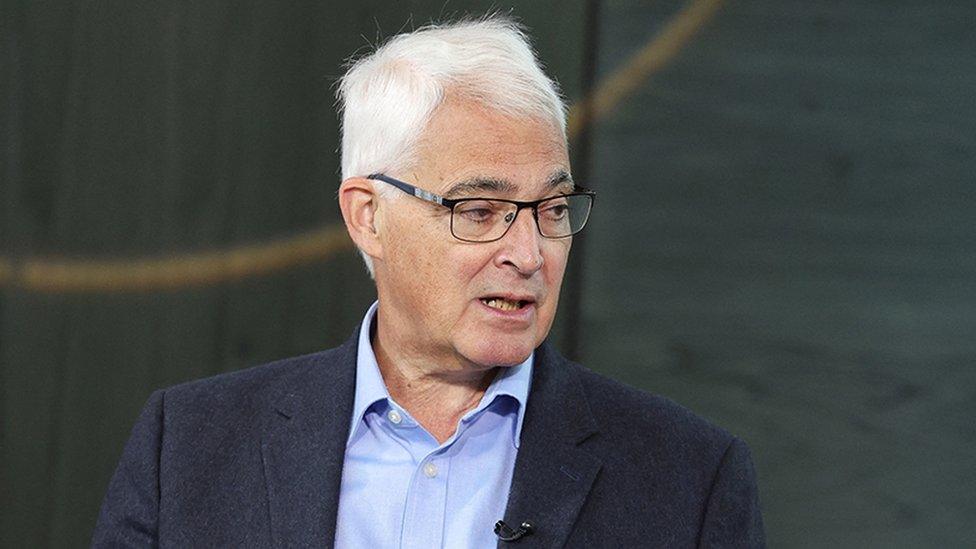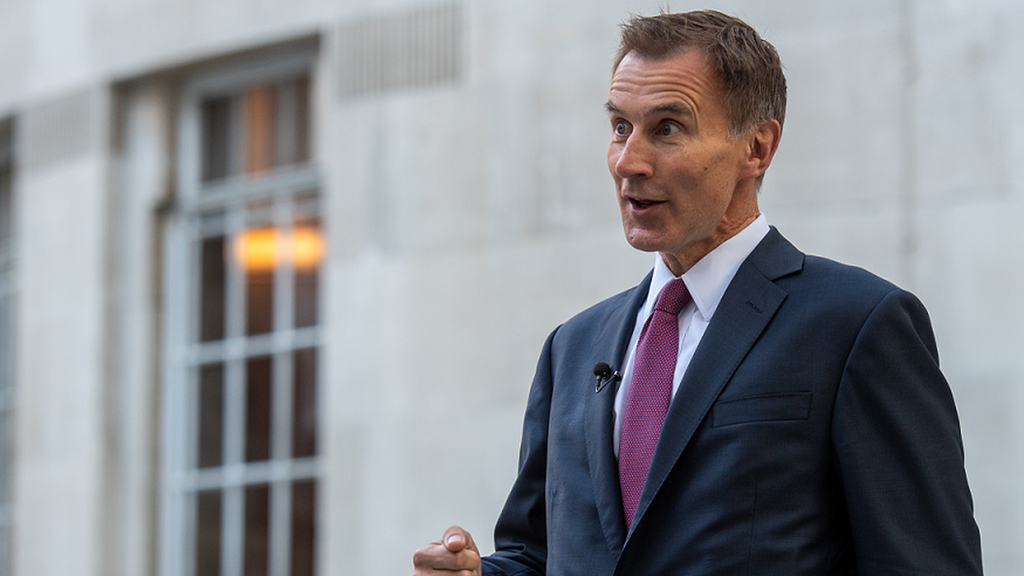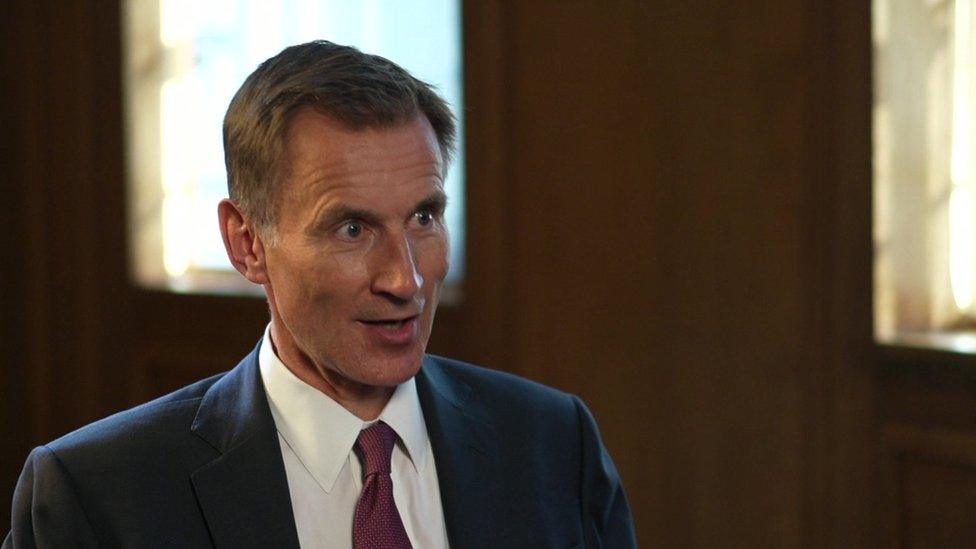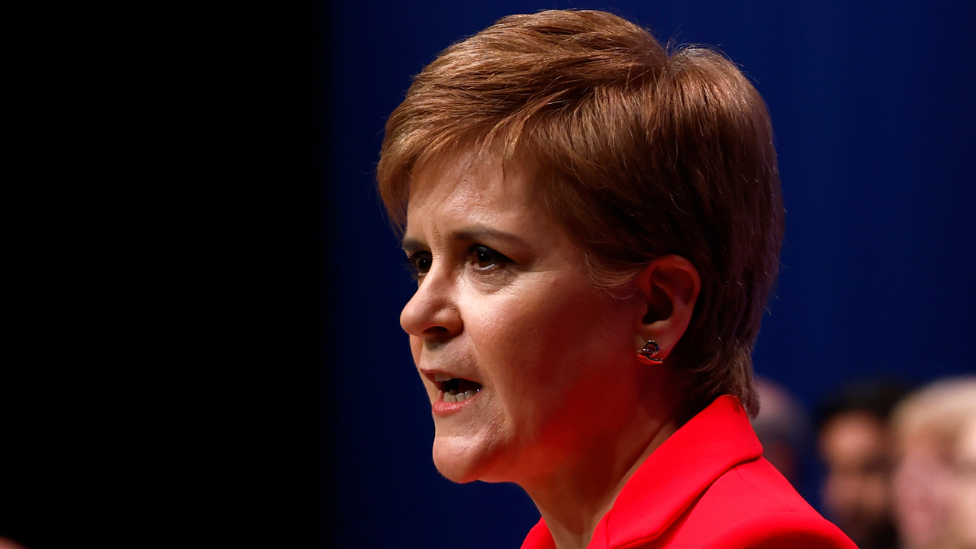Chance to reset economic policy- Scotland Office minister
- Published
'We should have focused on energy' - Lord Offord
A Scotland Office minister has said the new chancellor now has a chance to reset the economy after the recent financial turmoil.
Scottish financier Lord Offord said mistakes had been made but backed the prime minister's emphasis on growth.
He said the mini-budget had moved "too far, too fast", and restoring stability was now vital.
The Scottish government has accused the Conservatives of crashing the economy and worsening cost of living pressures.
First Minister Nicola Sturgeon has said Liz Truss is as much to blame for the current volatility as her sacked chancellor Kwasi Kwarteng and she should "carry the can" for her actions.
She told BBC News: "I think the only decent thing that Tory backbenchers can do now is call time on Liz Truss and this entire UK government, and allow people across the UK to have a general election."
Lord Offord, who is a parliamentary under secretary of state for Scotland, said Ms Truss should be given more time to deliver her vision, and stressed the need for stability in the face of international financial challenges.
He told BBC Scotland's The Sunday Show: "Mortgage rates are going up with overriding pressure in the world economy, particularly inflation. And that inflation is now heading at 10% in this country, and half of that is attributed to the energy crisis."
He said with hindsight, the UK government should have focused first on its measures for dealing with energy inflation, then come back with a balanced budget.
Low growth
But the financier insisted the UK had become stuck with a low growth, high tax economy and that in the longer term this needed to be tackled.
"Our public services are growing at 3% per annum - the cost of them is growing at 3% per annum - our revenue is growing at 1.5%. Those sums don't add up. The long term direction of travel has to be that we get back to being a higher growth economy," he said.
He accepted that measures to address low growth had to be introduced in a "stable environment" and in an "orderly fashion".
"The chancellor has been very candid. He says mistakes have been made, those mistakes have been rectified. We now have an opportunity to reset this on the 31 October," he said.
The UK government plans to deliver more details of its fiscal plan and accompanying economic forecasts on that date.
The new chancellor, Jeremy Hunt, has said every government department would be asked to make savings, but insisted it would be nothing like the period of austerity that began in 2010.

Former Labour chancellor Alistair Darling said he did not think LIz Truss could survive as prime minister
Alistair Darling, who was Labour's chancellor at the time of the 2008 financial crash, said he did not think Ms Truss could survive as prime minister.
He told BBC Scotland: "I think she is finished. It is only a matter of time.
"She was the author of this policy which has so spectacularly blown up. It is a self-inflicted wound."
Reflecting on his own experience as chancellor in a period of financial turmoil, he said: "You have got to do more than people expect and you have got to do it more quickly than people expect. And, ultimately, you need to take people with you."
Mr Darling said replacing Ms Truss with another Conservative leader was not the answer, and he added his voice to calls for a general election.
Related topics
- Published16 October 2022

- Published17 October 2022

- Published14 October 2022
